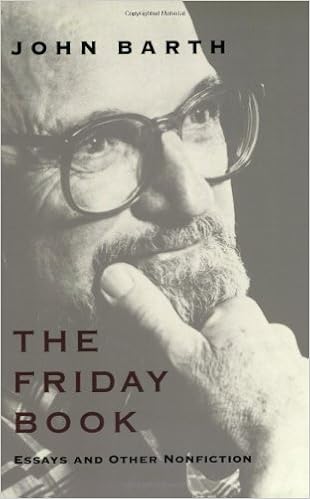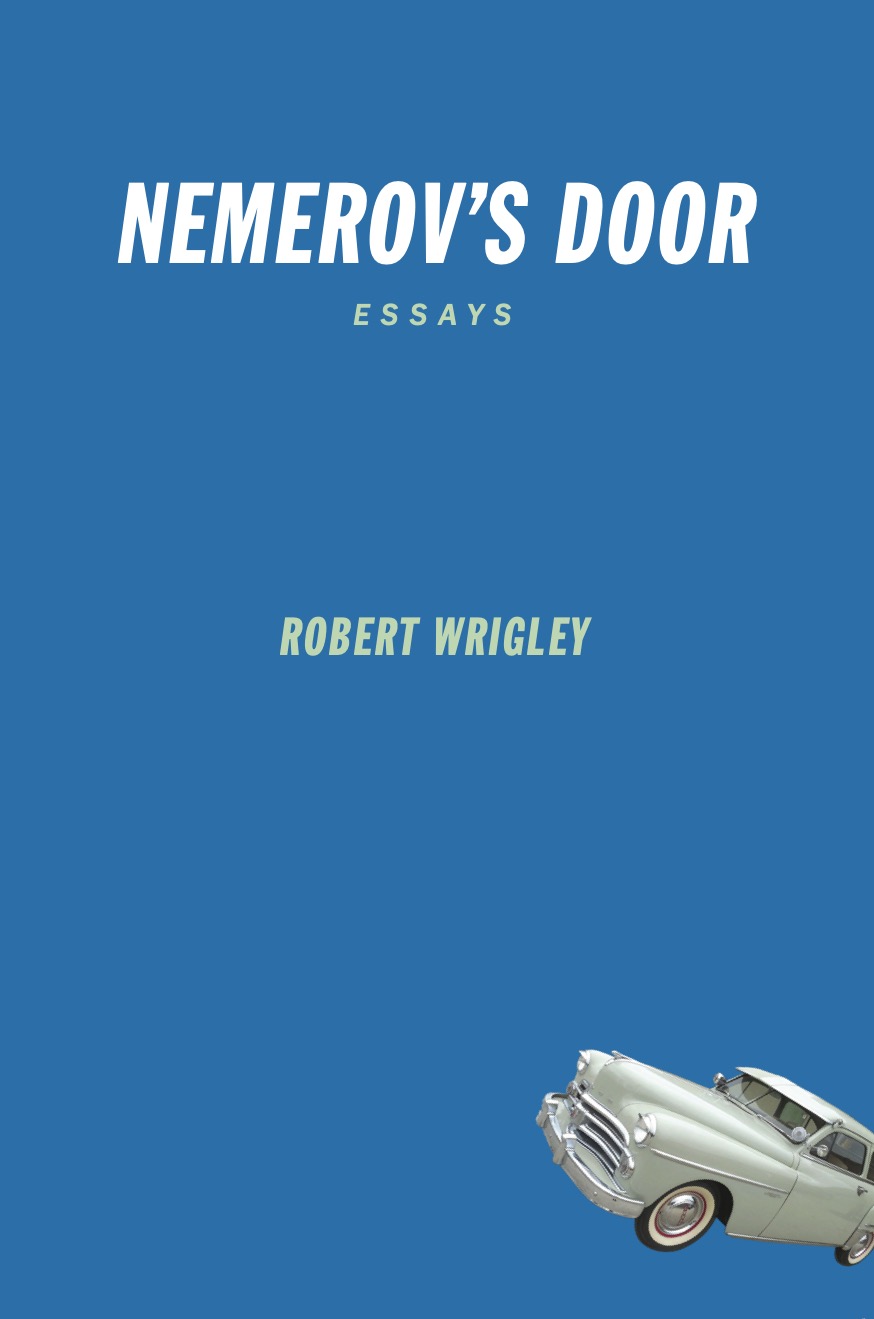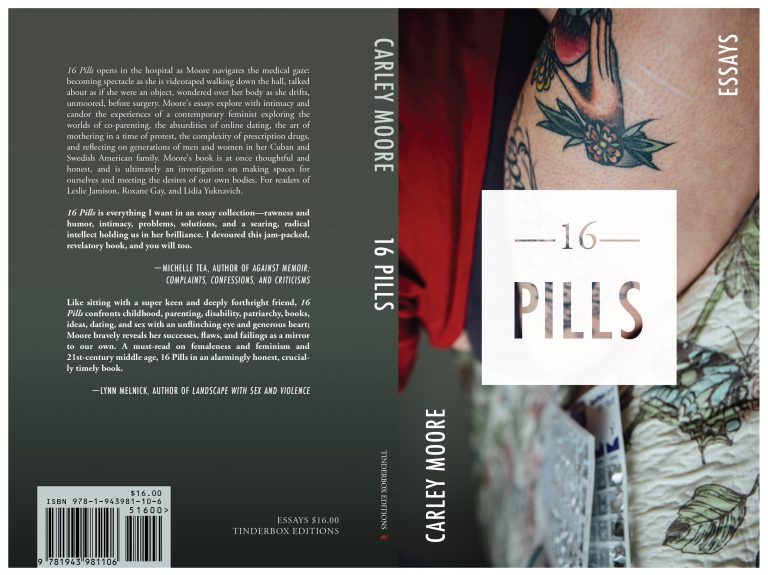 At once informative and poetic, Hong’s writing is infused with sharp wit and biting irony, making it both engaging and nuanced. Minor Feelings serves as an essential guide for those navigating multiple identities and offers both lay and scholarly readers a profound understanding of the vast literary and artistic contributions these marginalized communities have made to the ever-evolving landscape of American culture.
At once informative and poetic, Hong’s writing is infused with sharp wit and biting irony, making it both engaging and nuanced. Minor Feelings serves as an essential guide for those navigating multiple identities and offers both lay and scholarly readers a profound understanding of the vast literary and artistic contributions these marginalized communities have made to the ever-evolving landscape of American culture.
Tag: essays
A review of Silver Road: Essays, Maps & Calligraphies by Kazim Ali
 Kazim Ali is a literary artist and polymath who so delights in language and possibility that he created a chrono-synclastic infundibulate safe space wherein physics are presented in a way that makes the moon even lovelier to poets and presumably presents poetry as lovely to physicists. Ali learned “how to use [his] breath to experience [his] body and the external world with deeper focus and deliberation.”
Kazim Ali is a literary artist and polymath who so delights in language and possibility that he created a chrono-synclastic infundibulate safe space wherein physics are presented in a way that makes the moon even lovelier to poets and presumably presents poetry as lovely to physicists. Ali learned “how to use [his] breath to experience [his] body and the external world with deeper focus and deliberation.”
A Review of Penultimates: The Now & the Not-Yet by Thomas Farber
 Farber rarely lets the reader take a breath through the entire collection. Whether he’s starting his explorations with “Re William Blake (1757-1827)” or “Neighbors” or “School Days,” there’s every chance he’ll segue to another seemingly unrelated topic, although he generally connects them in the end.
Farber rarely lets the reader take a breath through the entire collection. Whether he’s starting his explorations with “Re William Blake (1757-1827)” or “Neighbors” or “School Days,” there’s every chance he’ll segue to another seemingly unrelated topic, although he generally connects them in the end.
A review of The Rose Metal Press Field Guide to Graphic Literature edited by Kelcey Ervick and Tom Hart
 Each essay follows the same format. The author writes about the problem or challenge that he or she wants to give insight into, whether it’s composing characters from found images (Oliver Baez Bendorf, “Released from Forms”), or how to write authentic dialogue (Mira Jacob, “”Dialogue”) or how to portray real-life characters in journalism (Josh Neufeld, “Drawing the News”).
Each essay follows the same format. The author writes about the problem or challenge that he or she wants to give insight into, whether it’s composing characters from found images (Oliver Baez Bendorf, “Released from Forms”), or how to write authentic dialogue (Mira Jacob, “”Dialogue”) or how to portray real-life characters in journalism (Josh Neufeld, “Drawing the News”).
A review of Friday Book by John Barth
 Essays can often have a certain unapproachable quality. However, when you read Barth, you can’t expect a constant stream of seriousness, or at least seriousness in the most acceptable times. Even before the barrage of essays comes forth to dazzle us, under the heading “The Title of This Book,” he already starts with some unserious seriousness when reflecting on the various sorts of titles floating around in the literary world—while refraining from actually speaking of his title much at all.
Essays can often have a certain unapproachable quality. However, when you read Barth, you can’t expect a constant stream of seriousness, or at least seriousness in the most acceptable times. Even before the barrage of essays comes forth to dazzle us, under the heading “The Title of This Book,” he already starts with some unserious seriousness when reflecting on the various sorts of titles floating around in the literary world—while refraining from actually speaking of his title much at all.
A review of Nemerov’s Door by Robert Wrigley
 For what Wrigley does so well with analyzing his own and others’ poetry, there is also a uniqueness with his ability to switch between poetic analysis and intimate memoir on command. The book as a whole is a highly original composition in that it succeeds in combining close readings of poetry, personal narrative, and poetry by Wrigley himself. All of which are quick to grab readers’ attention with a highly in touch sense of pathos and nostalgia.
For what Wrigley does so well with analyzing his own and others’ poetry, there is also a uniqueness with his ability to switch between poetic analysis and intimate memoir on command. The book as a whole is a highly original composition in that it succeeds in combining close readings of poetry, personal narrative, and poetry by Wrigley himself. All of which are quick to grab readers’ attention with a highly in touch sense of pathos and nostalgia.
A review of Bury My Heart at Chuck E. Cheese’s by Tiffany Midge
 The fifty-odd pieces that make up this collection are divided thematically into eleven different sections and take aim at national holidays, movies, language, literature and a host of other themes, from a Native American perspective, and culminate in a merciless assessment of the Donald Trump administration, the coup de grâce a poem entitled ”Ars Poetica by Donald Trump.”
The fifty-odd pieces that make up this collection are divided thematically into eleven different sections and take aim at national holidays, movies, language, literature and a host of other themes, from a Native American perspective, and culminate in a merciless assessment of the Donald Trump administration, the coup de grâce a poem entitled ”Ars Poetica by Donald Trump.”
A review of Year of the Monkey by Patti Smith
 Not many writers could pull off such a diffuse structure but Smith does it beautifully, using her poetic vernacular and pulling the reader in so tightly, we begin to think and perceive in Smith’s fragmentary, hallucinogenic way. The result is strangely exhilarating.
Not many writers could pull off such a diffuse structure but Smith does it beautifully, using her poetic vernacular and pulling the reader in so tightly, we begin to think and perceive in Smith’s fragmentary, hallucinogenic way. The result is strangely exhilarating.
A review of 16 Pills by Carley Moore
 Moore writes like her life depends on it. She dissects the stories of her life with intelligence and precision, and invites the reader to share in her examination. Feminist, political, funny, and irreverent, Moore’s essays are masterful, and show a true love of the form; the stories are deeply personal, while still tapping into shared human experience.
Moore writes like her life depends on it. She dissects the stories of her life with intelligence and precision, and invites the reader to share in her examination. Feminist, political, funny, and irreverent, Moore’s essays are masterful, and show a true love of the form; the stories are deeply personal, while still tapping into shared human experience.
A review of Known and Strange Things by Teju Cole
 Known and Strange Things, the title coming from Seamus Heaney, is structured by division into four sections: Reading Things; Seeing Things; Being There; and Epilogue. Cole notes that the book contains ‘some of my most vital enthusiasms’ as well as pieces on the new, and that he was testing his knowledge and its limits. He left as much out as he included, and could have produced a second book with the excluded.
Known and Strange Things, the title coming from Seamus Heaney, is structured by division into four sections: Reading Things; Seeing Things; Being There; and Epilogue. Cole notes that the book contains ‘some of my most vital enthusiasms’ as well as pieces on the new, and that he was testing his knowledge and its limits. He left as much out as he included, and could have produced a second book with the excluded.